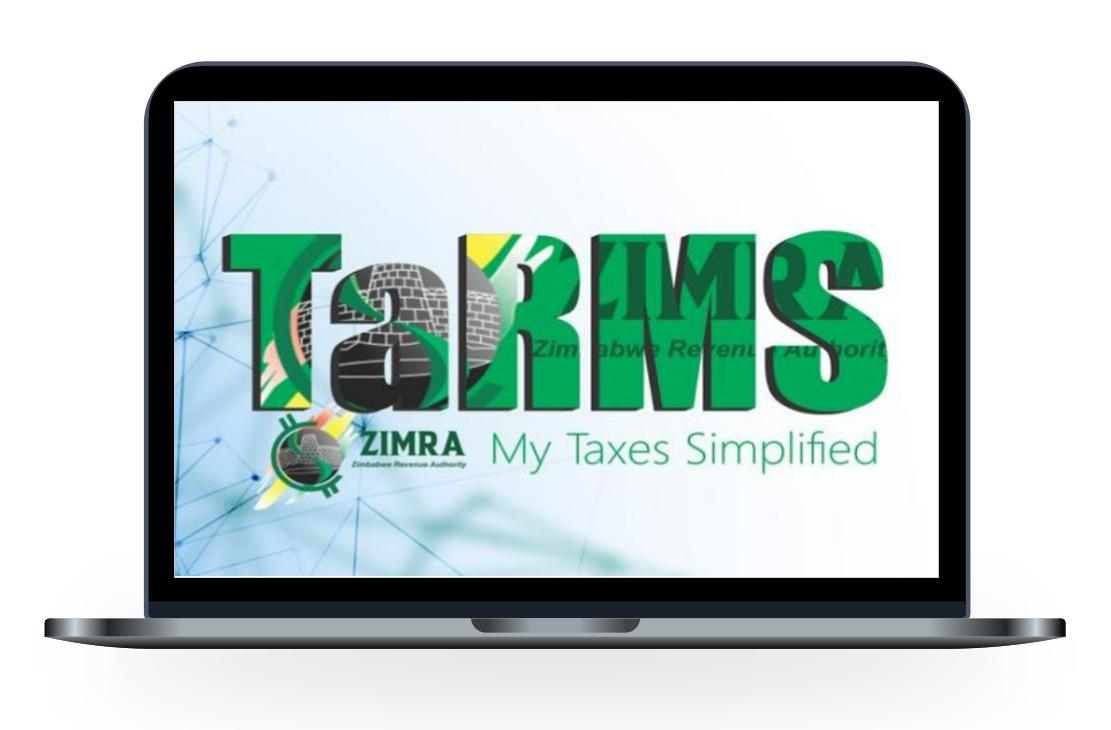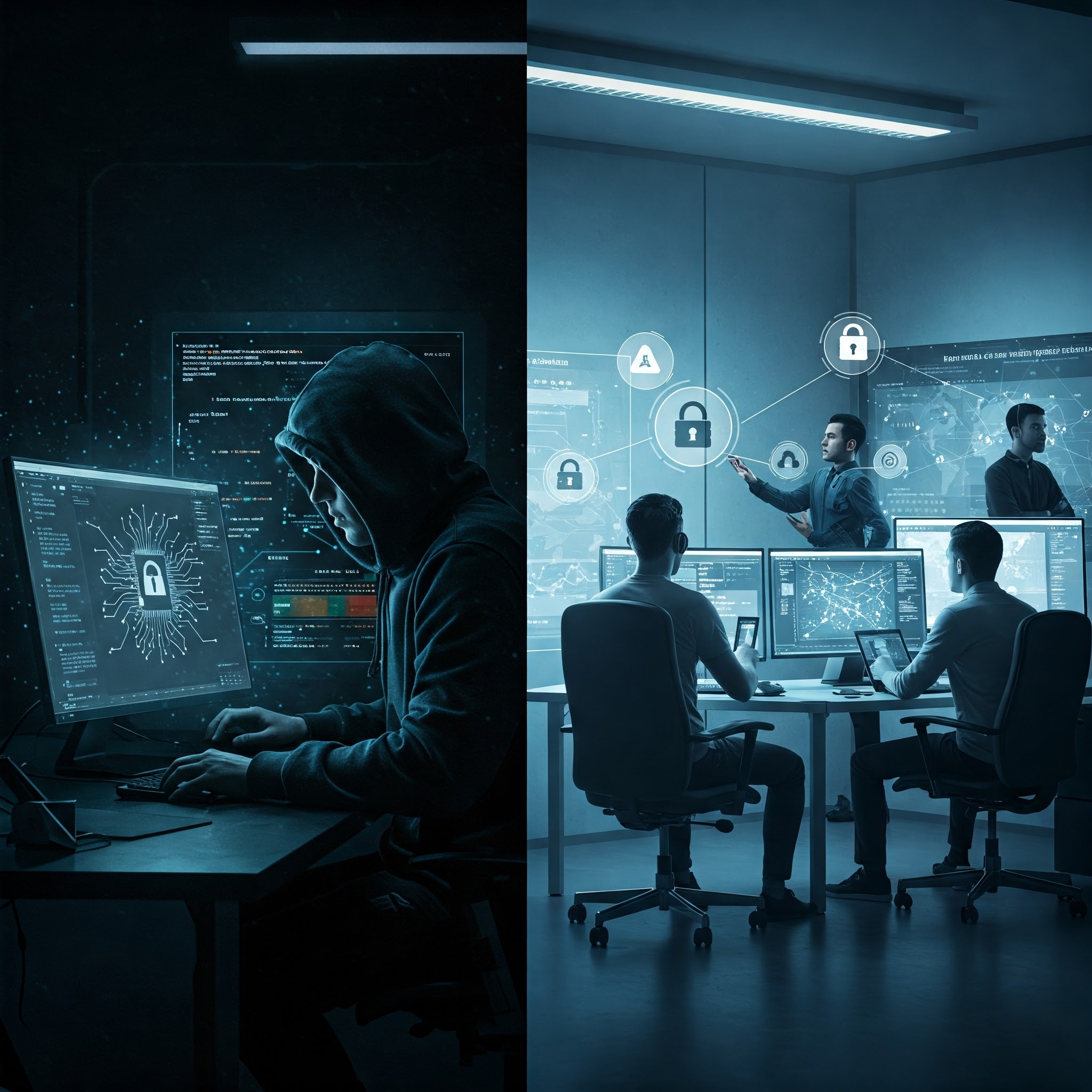Every single one of us relies on some computer for our daily activities. For some, work means sitting in front of a computer. And with the work-from-home shift, this number is quite large now. For some, entertainment is the goal in this era of social distancing and limited gatherings. So pocket computers have been a godsend. The social animal needs the WhatsApps, Twitters and Facebooks to keep in touch with friends and foes, and computers help with that.
That’s all well and good, however, a computer in isolation is limited in utility. We need our computers to play nice with each other to truly enjoy them. The internet is the vehicle through which we link our computers.
You need to collaborate with colleagues on a spreadsheet as you work from home? The internet links you all up and you can share the document. Or even work on it at the same time whilst in different locations. Your favourite YouTuber sends their video to YouTube’s computers and you are given access to YouTube’s computers to watch the video.
It’s all rather beautiful but as it is with physical interactions, wherever people congregate there are others looking to rob, cheat and steal. They seek to gain access into computers they do not have authority to access. Then steal passwords and send themselves money from others’ bank accounts. They hold corporations’ data at ransom until they are paid or even blackmail individual users when they get access to confidential information.
Computer Security Day
The Computer Security Day is ‘designed to raise awareness and to promote best practices in Information Security.’ On this day we should share experiences, acquire knowledge and gain an understanding to safeguard our information – be it personal or organisational.
Basic ways to safeguard yourself on the internet
In general
- Use strong passwords – password managers can help you with this. Read more on this here.
- Password-protect everything – you should require a password to access your phone, computer or any other device. That’s especially true for your router. It’s not that your data could be depleted that’s the biggest worry. Competent hackers can access your computers through that router and for a business, that is even more worrisome. It doesn’t end with devices, even your online accounts should have passwords. WhatsApp allows you to require a fingerprint scan to open, utilise that. Wherever you can use passwords, use them.
- Use antivirus software – this will help protect against malware, spyware and other viruses. Making it harder for hackers to access your computer and steal information. You should keep this software updated so that the latest viruses can be thwarted.
As you browse the internet
- Limit the personal information you share online, especially on social media – there are many out there who use their birth year as their EcoCash PIN and yet their birth year is on their Facebook profile. Hackers already know to try birthdays, house numbers, middle names etc when trying to crack passcodes/passwords. You set up your mother’s maiden name as your security question in case you forget your password and yet freely disclose this name in your posts. That makes the hacker’s job easier.
- Check that a website is secure before entering any sensitive information – you need to see a lock in the address bar before you even think about making any financial transactions.
- Be careful what you click on – the internet is a place where you need to work with the assumption that they are out to get you. If it sounds too good to be true, it probably is. You did not win an iPad just by visiting a website, don’t believe that nonsense. Neither does the millionaire Nigerian prince exist, don’t share any information with these people.
It’s easy to remember never to click on attachments in emails from senders you don’t recognise. But even if you know the sender, you should be click-shy. Also, learn to hover over links to see where they lead before clicking. On emails that appear to be from your bank, it’s especially important to hover and see if the bank’s website is the one that appears on the link.
In closing
These are a few of the basic measures you can take to reduce the chance of you falling victim to hackers. Everyone should be able to do this, regardless of their knowledge of cybersecurity tenets. There are more advanced measures and as you get more comfortable with the basics, you might want to look at those.
Understand though that you are never 100% safe even when you take the most care to protect yourself. That should not discourage you, think of this as making the job of the hacker much harder.
Think of it as installing burglar bars on the windows of your home or getting attack dogs. This by no means you won’t ever get burgled. No, it means the thief has a few more obstacles to overcome. Obviously, the more obstacles, the better. So, use as many security measures as possible.
You can share other basic security tips and tricks in the comments if you so choose.
Oh, and ZOL has a little competition to celebrate Computer Security Day where you can win a grocery voucher for answering a few security questions. So, if you fancy yourself lucky, give it a try here.














Comments
7 responses
The best way is too go old school 🤪🤪🤪 Just like the Zim government completely off the grid 🤣🤣🤣 Thanks for the tips nyanduri
This one killed me “You did not win an iPad just by visiting a website, don’t believe that nonsense” kkkkkkkk. The other day I saw someone making a click on those dubious bitcoin “investment” links. I felt for him
Especially the lock. Being wary of the http without the S has really helped me navigate through the carnivorous jungle of the web. As for passwords, I don’t even let Google keep them, I write them down on my mbudzi + diary, yes, diary. 😆
Makanyanya😂😂😂🤣🤣
This morning, I decided to catch up on my spam. There was the usual from my pal Warren Buffet, Buffets sons, various foundations, Visa, western union, DHL, IRS etc, but I noticed 3 that were highly specific to me. 2 were from “LinkedIn” showing how popular I was with 3 major blue chip tech firms, a training course into a field I wouldn’t mind pivoting into and the last was from a “supplier” in the same industry as me offering an unsolicited deal that was frankly quite convincing! For a moment I was actually wondering why Google was such a hater, trying to keep me down like this 😂😂😂 Honestly, if these hadn’t been in the spam folder, I might not have taken the time to scrutinize the small details. It made me realise how easy it is to take the bait when malicious actors narrow their focus from spray and pray to smaller catagories like profession. God help you if you are the only target😅
We’ve come a long way from the static web pages of the mid-90s to the dynamic ones we have today. There’s just too many “ads” out there which pop-up offering an exit button (X), meanwhile this doesn’t close the pop up but opens another link. It takes a lot of alertness (and nimbleness) to overcome this.
Thanx techzim always looking out us.i feel you are one of the most underrated,underappreciated website in zim.i have learned alot from you over the years some good,some bad and some just pretty damn nasty (you shouldn’t have told me about the dark web now every device i have has tor browser in it but don’t I’m navigating that world safely or so i think)